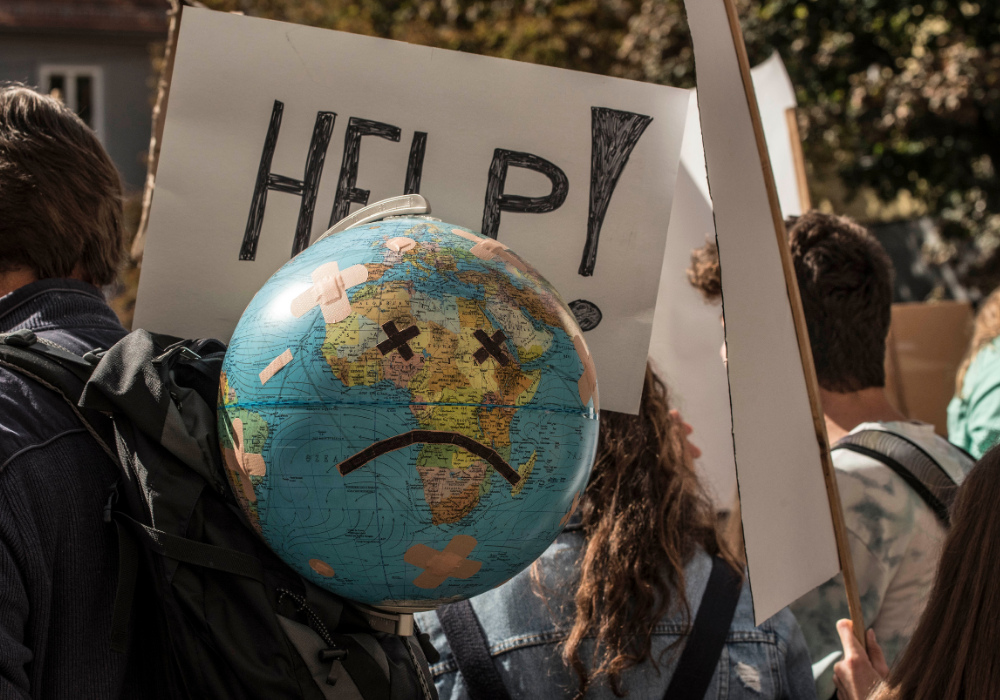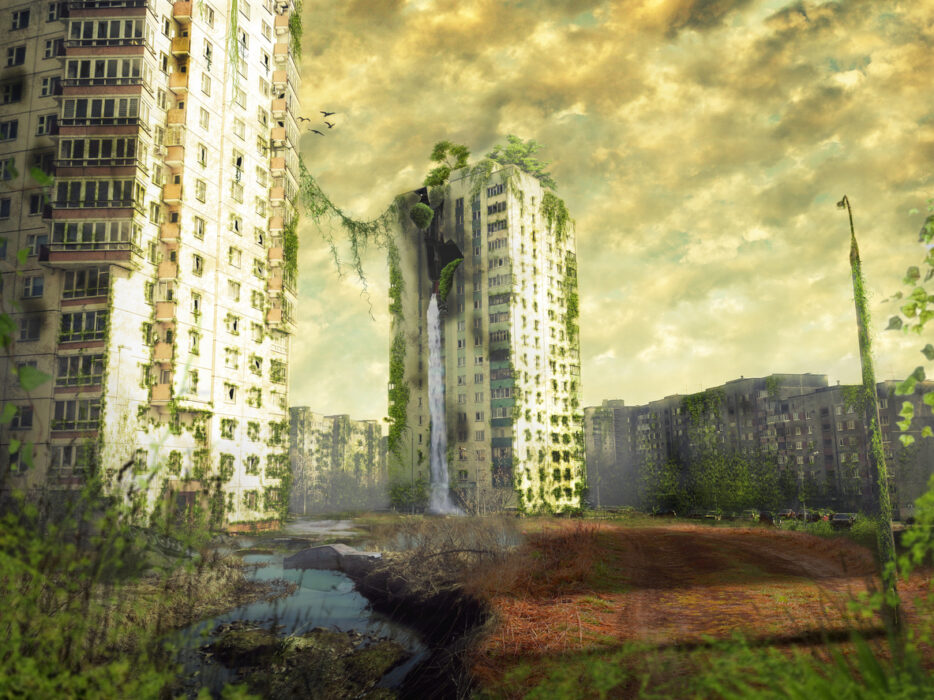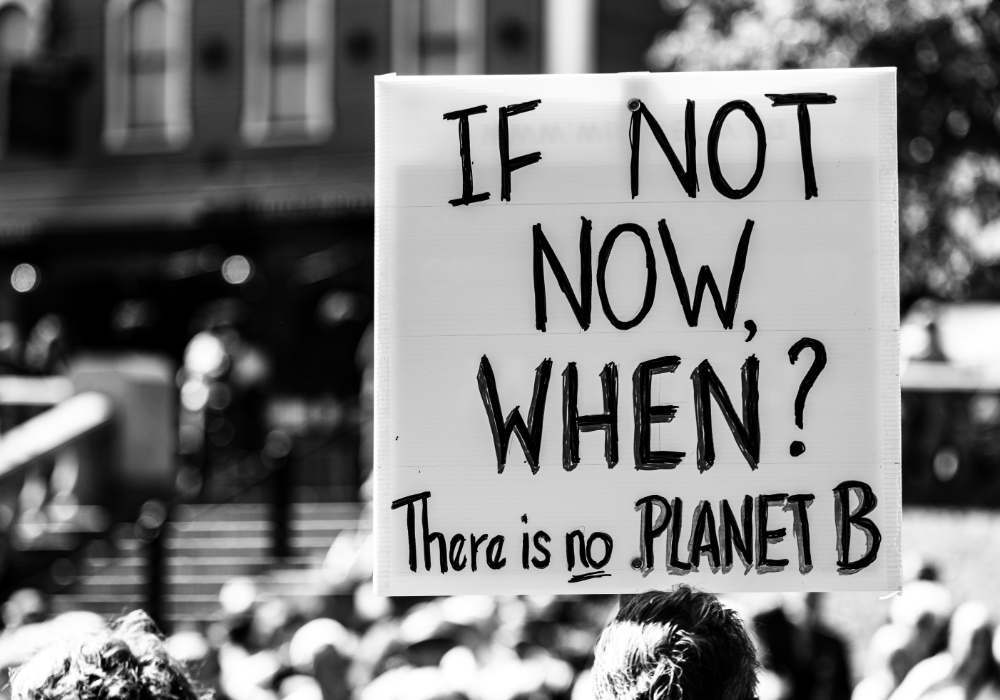Climate change isn’t a distant threat—it’s already disrupting daily life in ways you can’t ignore.

For years, climate change was easy to push aside—something for future generations to worry about. But that illusion is gone. This crisis isn’t just about melting glaciers or wildfires in distant places. It’s showing up in grocery bills, insurance premiums, and emergency rooms. Extreme heat waves are straining power grids, storms are wiping out entire communities, and once-reliable growing seasons are becoming unpredictable, driving up food costs. The effects aren’t looming in the distance—they’re here, reshaping daily life in ways big and small.
No one is insulated from what’s happening, and pretending otherwise won’t stop the tide from rising. These truths are uncomfortable, but facing them is the only way forward. Climate change isn’t an abstract issue—it’s personal. And the more we understand what’s already happening, the better we can prepare for what’s next.








